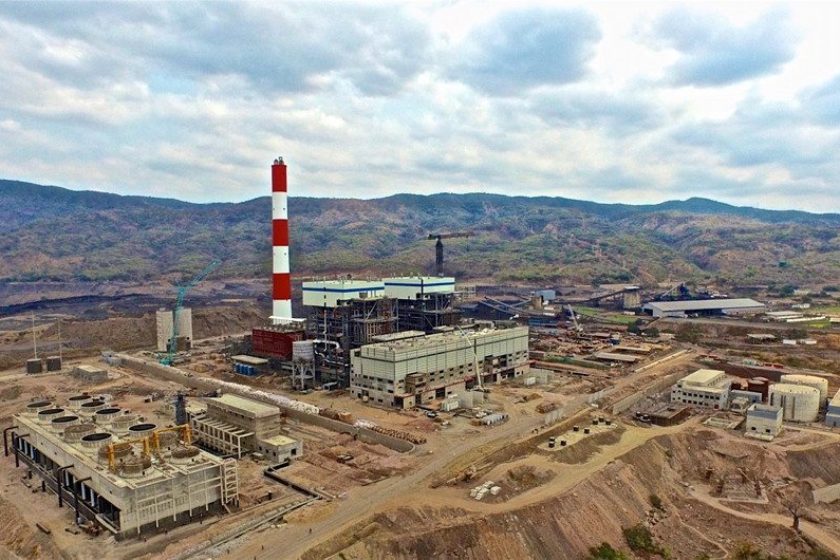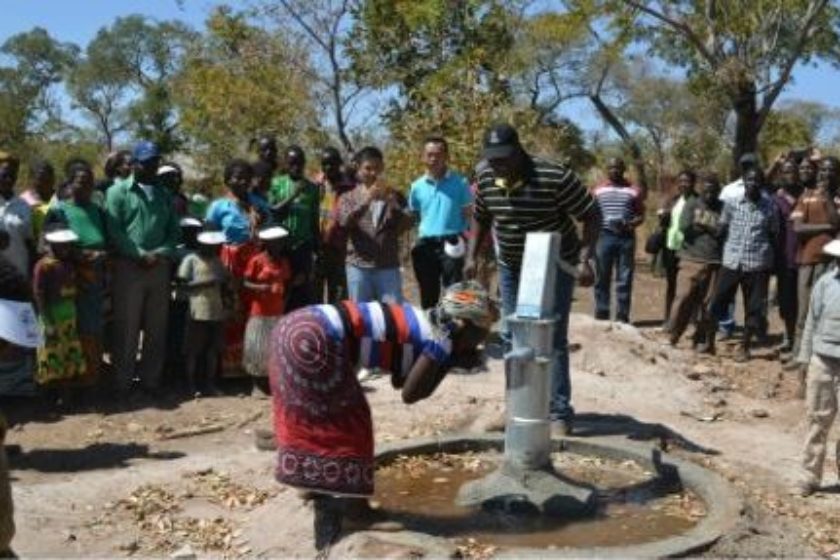THE commissioning of 150 megawatts of the 300MW coal-fired power plant at Maamba Collieries Limited is a milestone in the country’s diversification of energy production.
Like President Lungu said during the commissioning of the 150 megawatts yesterday, Zambia is on course to becoming a net exporter of electricity and energy-related products.
We are delighted that commissioning of the plant in Sinazongwe district represents the diversification of the country’s mix which now includes solar, wind, thermal, coal and many others.
Zambia had for a long time depended heavily on hydro energy but the dry spell in the last few years, especially during the 2014- 2015 rainy season, has taught the country lessons in electricity diversification.
The dry spell had a devastating impact on hydro power. The reduction on water levels in our reservoir translated into reduced energy use because power plants operate for fewer hours.
That is why President Lungu said yesterday that the country’s dependence on hydro-power has consequences when we experience low rains, which has justified the diversification towards other forms of energy.
However, diversification should be attractive to the private sector to make their business profitable.
President Lungu hinted yesterday at Government considering cost-effective tariffs in the power sector.
Zambia has the lowest tariffs in the Southern African Development Community and should the status quo continue, the country will continue experiencing power deficits as power developers will continue to shun the country.
So far, Zambia is on course towards power diversification going by the various efforts being made by the government which has provided a conducive environment, as well as its partners and the private sector.
The Industrial Development Corporation (IDC) is in the process of developing at least 600 MW of solar power to help mitigate the country’s electricity shortage.
This is part of Government’s determination to finding a lasting solution to the power crisis.
The International Finance Corporation (IFC) of the World Bank and IDC Zambia have signed a memorandum of understanding to explore the development of two independent 50MW solar power projects in Zambia through the scaling solar programme.
Zambia Sugar Plc, on the other hand, is pondering expanding thermal power generation capacity from the current 30MW to 50MW.
This is in response to the current power reduction on the national electricity grid caused by low water levels in major hydro stations in Zambia.
The sugar company currently produces 30MW of electricity from sugar factory residues.
Through interventions such as Maamba Collieries, the IDC and Ndola Energy Company Limited, which intends to expand its power generation capacity to over 100MW, Zambia is indeed on course to reducing its dependence on hydro energy.
Credit should go to the Patriotic Front government and President Lungu in particular for ensuring that the country diversifies its sources of power.
Power drives the main economic sectors and it is gratifying that the mining, agricultural and manufacturing sectors will now be supplied with the power they need.
That will undoubtedly increase production, which will in turn improve the country’s forex earning and ultimately spur economic development.
The rationing of power has now been effectively ended.
Source: Zambia Daily Mail






